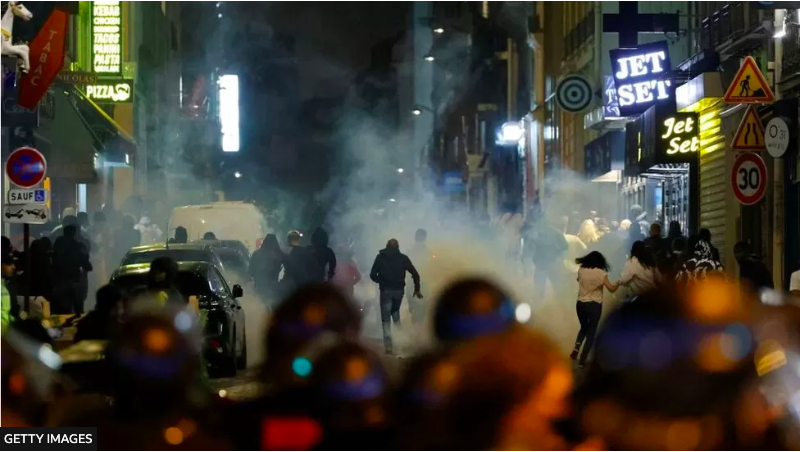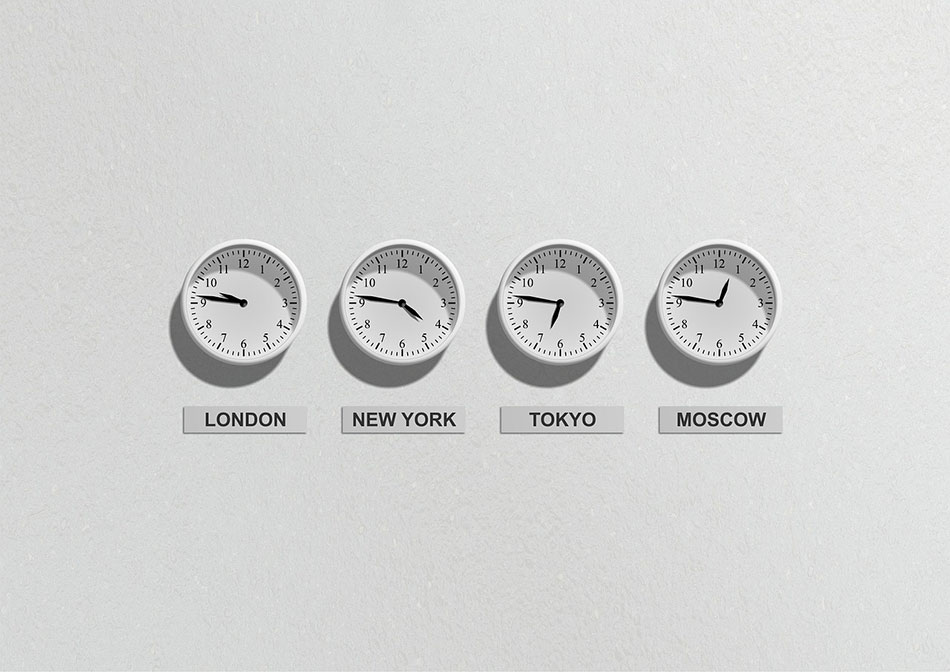Despite Parisian catwalks being on fire for the recently concluded fashion week, the city’s streets and those of other major French cities have yet to cool down from the riots and protests that marked the past several weeks. Indeed, many domestic businesses are struggling to rise from the fallout as the accompanying violence wrought around $1.1 billion in damages.
According to the country’s finance minister Bruno Le Maire, around 1,000 stores were damaged or looted throughout the duration of the riots. An additional 400 bank offices and 500 mom-and-pop establishments were not spared, either.
In order to help the proprietors and employees of affected establishments, the French government has deferred the payment of both taxes and social security deductions. For severely hit businesses, these will be canceled entirely. This is despite a warning by credit ratings agency DBRS Morningstar that the state is unlikely to alleviate any losses resulting from riot-related violence.
While Le Maire confirmed in an interview that affected businesses were receiving government assistance, he also dismissed speculation that the riots struck a severe blow to the national economy, declaring that these protests have no great impact on France’s economic growth.
But while the riots have essentially ceased, these have already affected the French tourism sector. Up to 25% of international travelers, many of whom were scared off by footage of the riots shown in various news outlets, have canceled their trips into the country as of Saturday, July 1st.
At the same time, recent economic developments have not been good. For example, output from the French industrial sector dropped for the first time this year back in June, deepening the downturn in domestic manufacturing. Consequently, there has also been barely any growth in the country’s services industry following protests against the government’s plan to raise the standard retirement age from 62 to 64.















